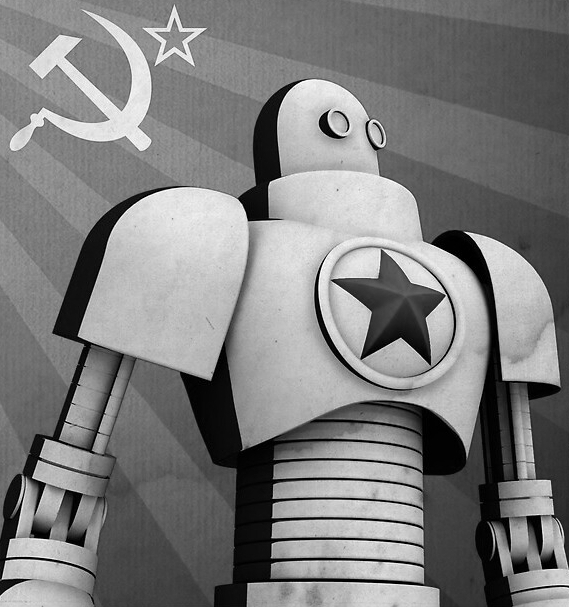It’s like someone asked ChatGPT to turn the book into a dumb anglo sitcom.
-Every character is emotionally immature, spiteful, and sassy. None of the ‘friends’ act like friends. None of the characters talk like real people. They’re constantly insulting or hitting each other. It’s just embarrassing. The actors have nothing to work with.
-All the major twists/reveals are shown in the first two episodes. No suspense, no build-up, no pay-off. Rushed is an understatement.
-Single characters from the book have been unnecessarily split into multiple new characters adding nothing to the story.
-The story is a cosmic horror but comedy and romance have been forced in for no reason whatsoever except as filler, which is even more mind-boggling because they’ve essentially rushed all of the good stuff in the book to make room for unfunny jokes.
-Apparently they could barely afford any sets and extras, so scenes and locations that are supposed to be bristling with sights and people just feel oddly empty. Even the special effects feel muted. The budget is just weirdly limited, and the show looks much cheaper than the Tencent series.
-Almost all of the science (which is the interesting stuff) has been gutted from this science fiction.
I hate anglo slop. Where is the kino. Tencent pls adapt The Dark Forest.


I mean I’ve listened to the audiobooks and I got to say if the Dark Forest is a metaphor for Chinese foreign policy than holy shit is it a bad one, the premise just absolutely swamps the supposed subtext to the point the author could only advance the plot thru contrivance and mangled subplots about magic WMDs
The premise itself is never actaully subverted or even examined in any serious way, by the half way point of the second book it’s just completely taken at face value and as a result the narrative grinds to a halt, earth gets fucked in the end, the universe is collapsing and the constant timeskips destroys any hope of stakes or urgency in the plot
I just don’t see anything analogous with the Dark Forest theory and modern Asian geopolitics
Avoiding open confrontation with a technologically superior opponent? (Again, the Three Body Problem was published in 2008. China’s military capability has greatly grown since then.) Approach it from the defender’s perspective: if there’s a genocidal fascist colonist entity, do you risk broadcasting your location/global presence or is it wiser to do everything you can to avoid notice?
Are the books about the consequences of drawing the attention of that entity?
See this is where the metaphor just completely breaks down, how is China gonna avoid “broadcasting its location/global presence” what does that even mean in the context of geopolitics circa 2008?
This is what I mean when I say the premise swamps/overwhelms the subtext, the metaphor is 300 years out of date and historically incoherent
For the subtext of “avoiding open confrontation with a technologically superior opponent” to work, the premise and the books should’ve begun with a post-alien invasion storyline, something like Yakitori: Soldiers of Misfortune or Gintama, the remote spooky mysteriousness of the Dark Forest Theory acts too much like linear pathing in a video game, if you take the implications of the theory seriously there’s only one way for the plot to go and it doesn’t gel well with the subtext the author was trying to advance
It means Dengism. To quote Deng Xiaoping on Chinese foreign policy circa the 1980s: “observe calmly, secure our position, cope with affairs calmly, hide our capacities and bide our time, be good at maintaining a low profile, and never claim leadership.”
The metaphor’s 40 years out of date, rather than 300.
I mean, in the context of Chinese national defense it means that technological parity is the only means of avoiding disaster, and the books are kinda about the disaster that happens if you attract the notice of a technologically superior opponent without achieving technological parity first
China is based but hiding there power level, duh.
I feel like it’s worth mentioning that Obama was a big fan of this book series & I first heard about it on NPR of all places.
I think this is just called science fiction haha
My impression of the genre is that most authors start with an interesting premise (especially when writing hard sci fi) and develop the story to explore it. From reading Ball Lightning and this trilogy, I don’t think Liu Cixin is an exception – like many sci fi authors, his background is in engineering, not literature.
I see the story as sci fi first and allegory second (to the extent a grand allegory, not just some echoes of the real world, was intended at all). My guess is this is how the author wrote it, too.